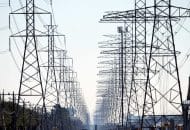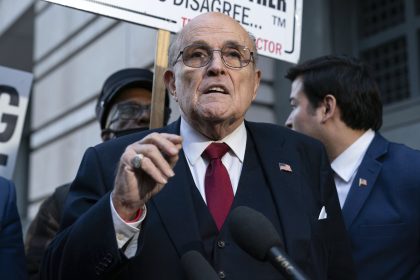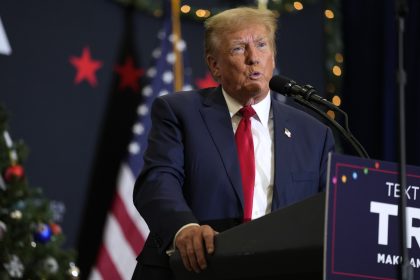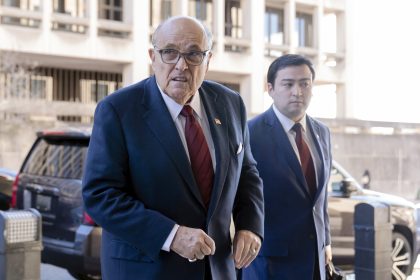Congress Members Call for Safe Voting for Veterans During the Pandemic
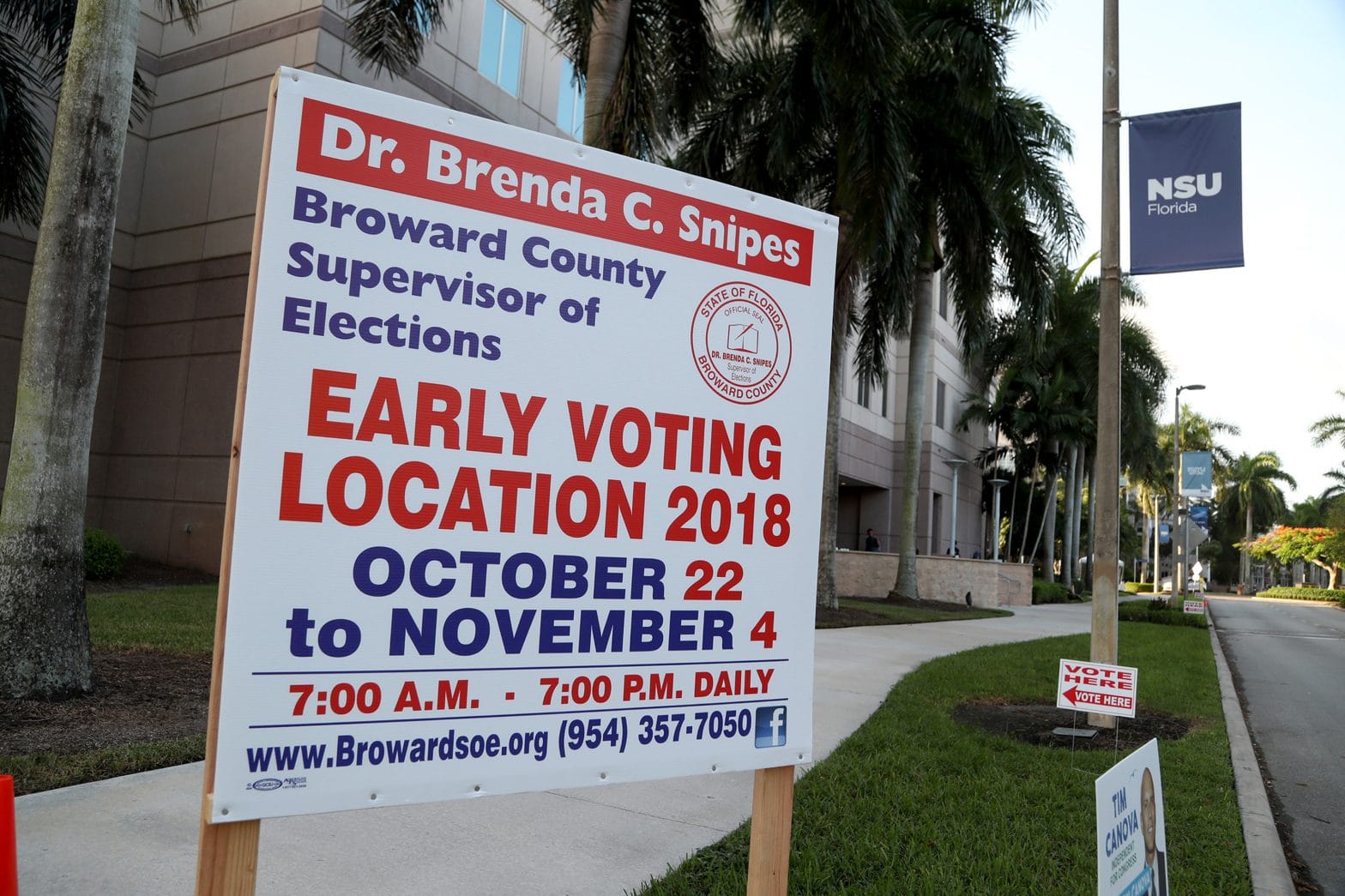
WASHINGTON – At a time when experts instruct at-risk persons to avoid large crowds and to social distance to protect their health, the United States’ electoral process is getting more attention than ever.
Senator Jon Tester, D-Mont., Senator Tammy Duckworth, D-Ill., and Representative Jason Crow, D-Colo., came together at a discussion organized by the Center for American Progress, a non-profit based in Washington, D.C., to voice their belief that standing in lines with crowds to use shared voting machines puts Americans in danger, especially those veterans at higher risk of contracting COVID-19 due to service-related vulnerabilities.
To avoid these perils, the members called for all Americans, but especially veterans, to participate in no-excuse absentee voting by mail, early in-person voting, and online and same-day voter registration.
“There is nobody in this country that has put more on the line than the folks that serve in our military,” said Tester, ranking member of the Senate Committee on Veterans’ Affairs, insisting that if any group of U.S. citizens should be granted the opportunity to vote by mail, it is service members, though “that’s the way it should be for everybody.”
Combat exposures to Agent Orange and burn pits have caused respiratory ailments and other disabilities that put service members at greater risk of coronavirus infection when attending polling places than the general population. In addition to these conditions, 50% of veterans are over age 65 according to the Census.
“Vietnam vets are the population that could die from COVID-19,” Tester said. “Vote by mail is important [for them]; more important than any other population, because many of them have sicknesses already… [Voting is] literally risking their lives.”
Military service members have historically voted by mail when overseas, calling for some to question why the country would make it harder, or less safe, for U.S. service members to vote on national soil than abroad.
Crow touts his state of Colorado as the model for voting by mail. “It isn’t guesswork,” he said. “We know this works. We know how to do it.” And in the case of the military, service members have been doing it since the Civil War.
Crow called voting by mail bipartisan and safe, and he praised its potential to increase voter participation as well as to save money by reducing overhead costs.
“However, vote by mail won’t work without a fully functional postal service,” Crow said.
He encouraged the passage of the third COVID relief package, dubbed the HEROES Act, which would offer $3.6 billion for state grants to implement priorities like early voting and absentee ballots, prepaid postage, online voter registration, and support for the U.S. Postal Service, among other omnibus emergency reliefs.
Though the Senators admitted that they haven’t heard much from veteran’s groups on the issue of mail-in voting for service members, their own collective experience caused them to suggest that service organizations jump on board.
“Veterans are the people who have dedicated their lives to defending each of our constitutional rights and one of those is the ability to vote – to freely vote – in our elections, and to think that they would be denied access to voting….” [or have to] choose between voting and exposing themselves to a deadly disease that they may be more vulnerable to because of their military service, is “a shameful thing,” according to Duckworth, an Iraq War veteran.
Insisting that absentee voting for service members has been demonstrated to be safe, secure, and free from fraud, Duckworth said that, for her, it is also deeply personal. “It’s one of the last civic duties that I performed just before I was shot down,” she said.
Military colleagues are equally “proud to [vote] as they stand up in their uniforms to do it,” said Duckworth, adding the actual impact of the act of voting is empowerment.
“We have the greatest country in the world because we encourage participation,” said Tester. “Vote by mail should be standard… it’s the right thing to do.”










